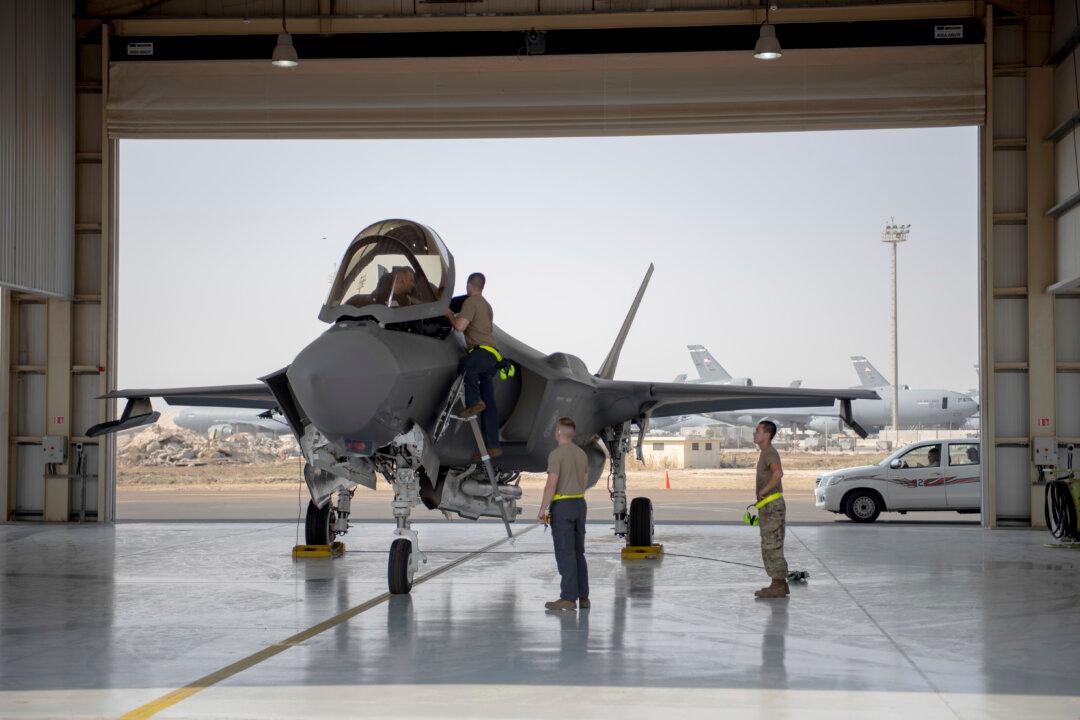The Senate on Wednesday narrowly rejected two Democrat-led measures to block President Donald Trump’s proposed $23 billion sale of advanced military weapons to the United Arab Emirates (UAE).
The two votes—that centered on the sale of 50 Lockheed F-35 aircraft, 18 General Atomics MQ-9B Reaper drones and Raytheon-made munitions—fell largely along party lines. The Senate voted 50-46 and 49-47, respectively, to stop consideration of the resolutions of disapproval seeking to block the sale.





